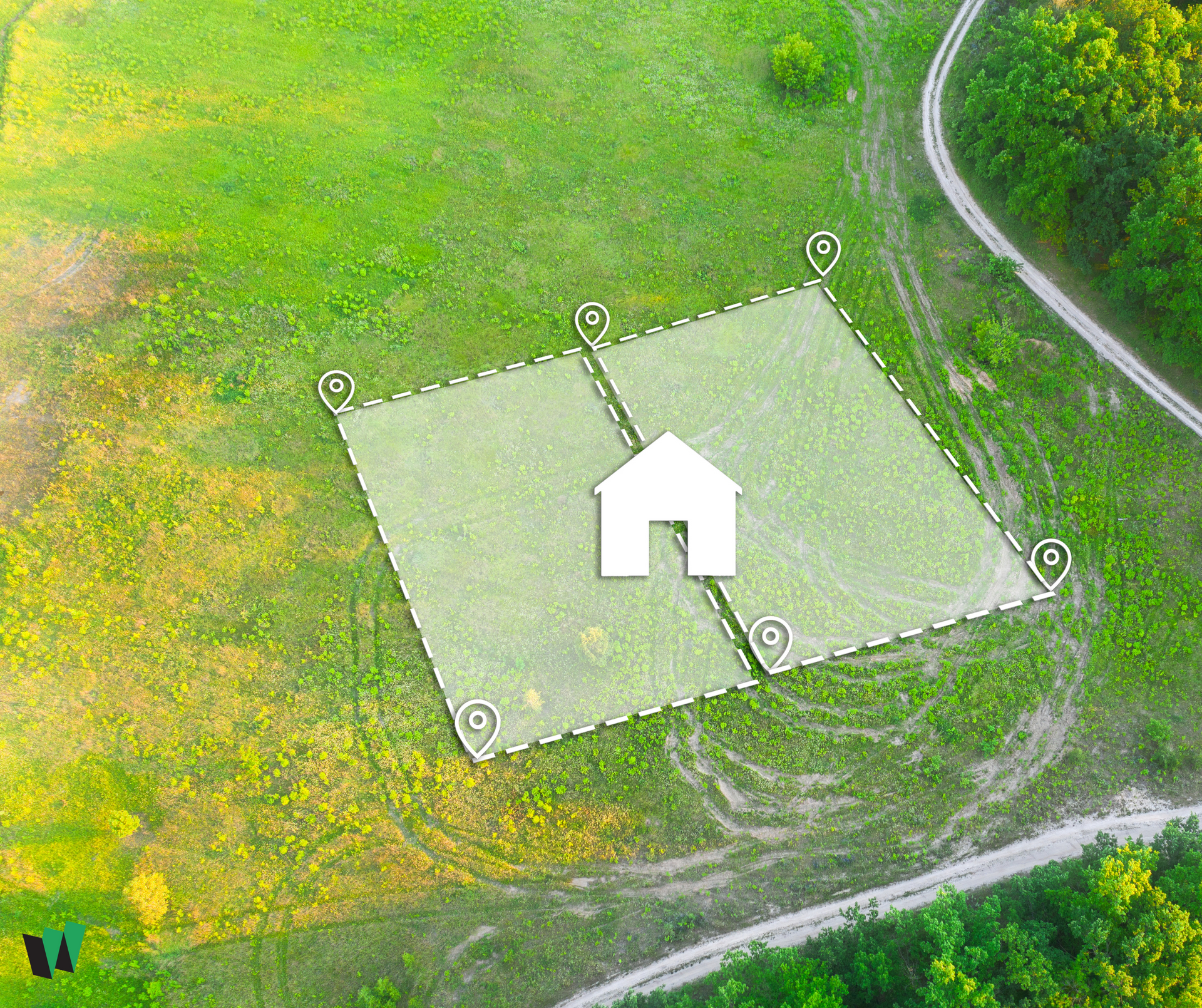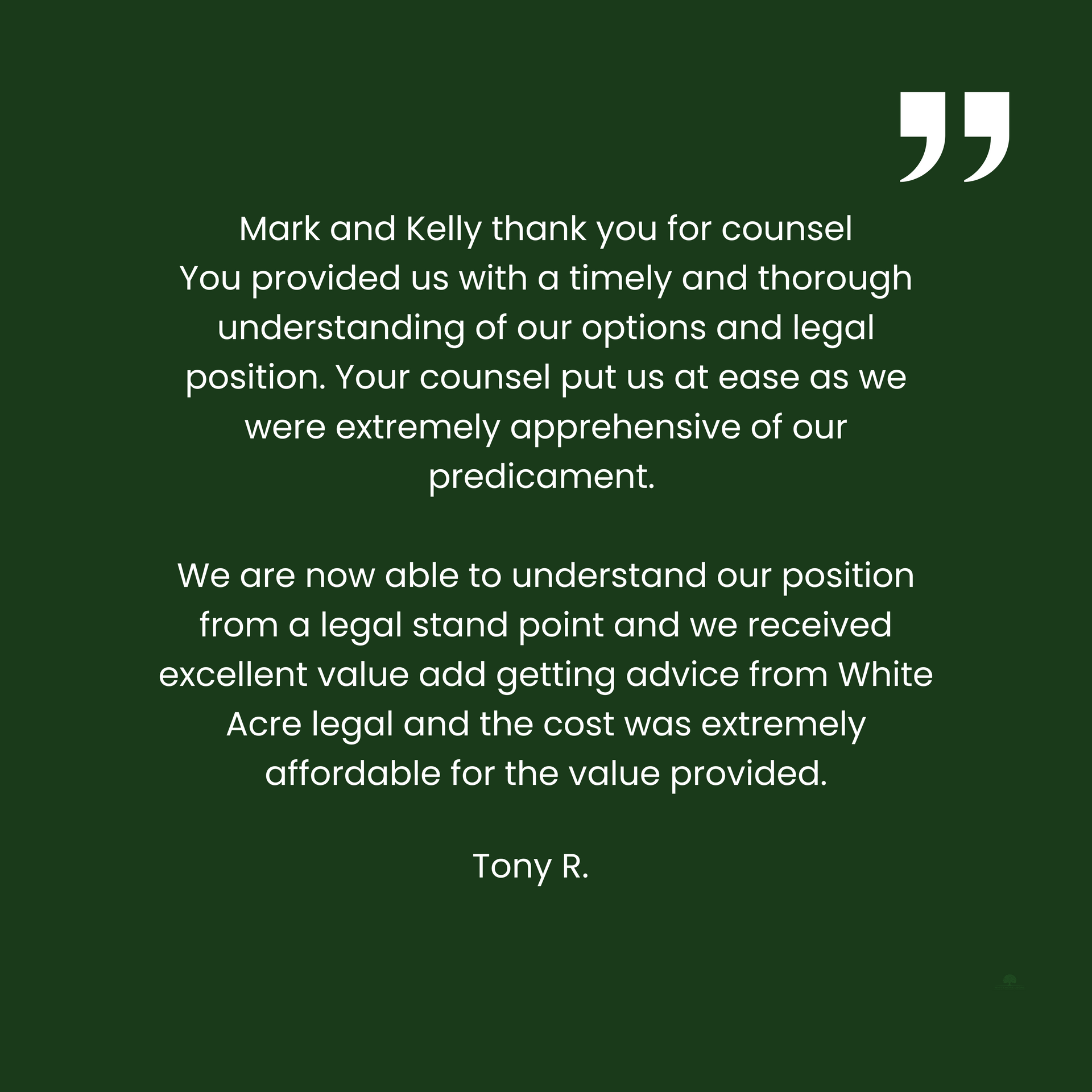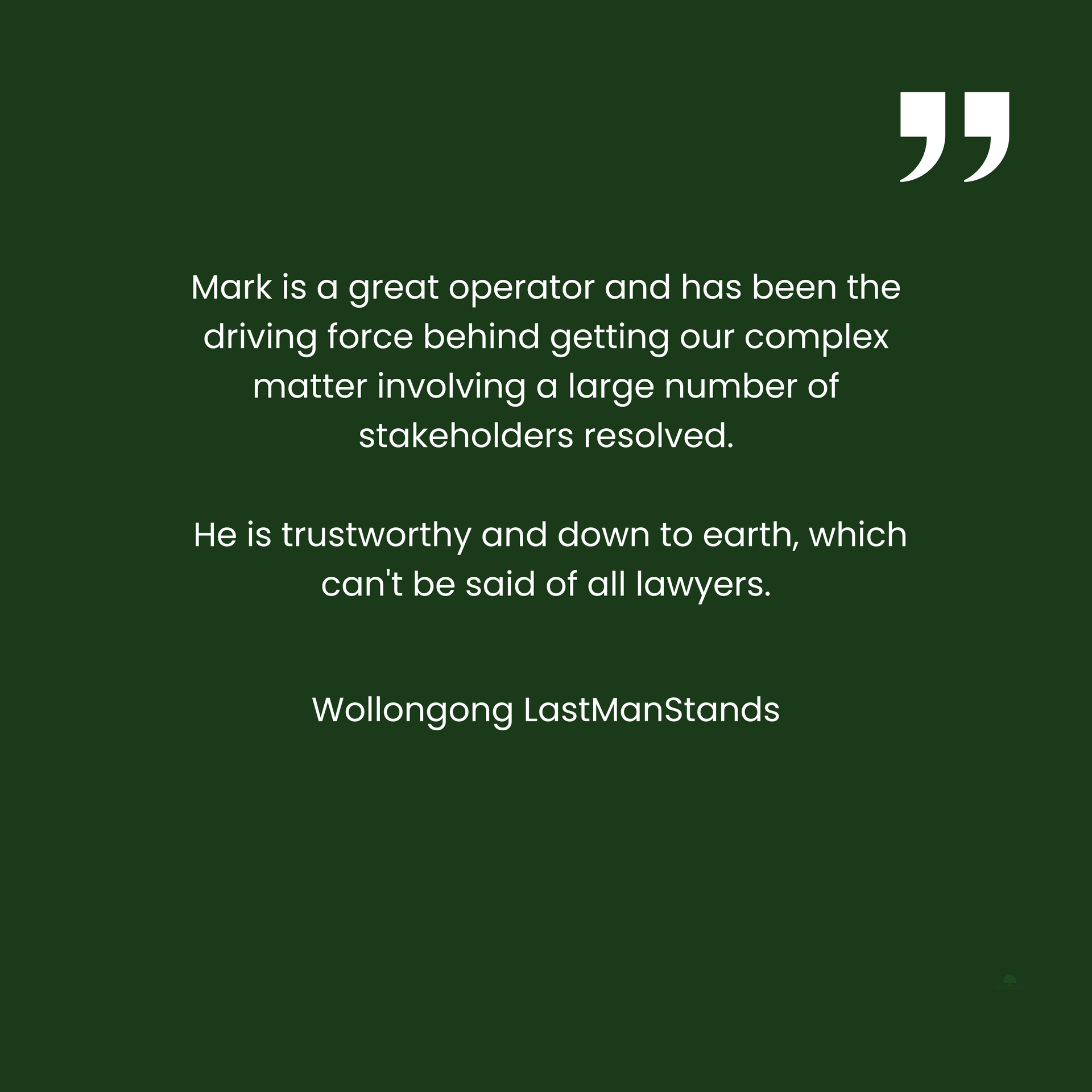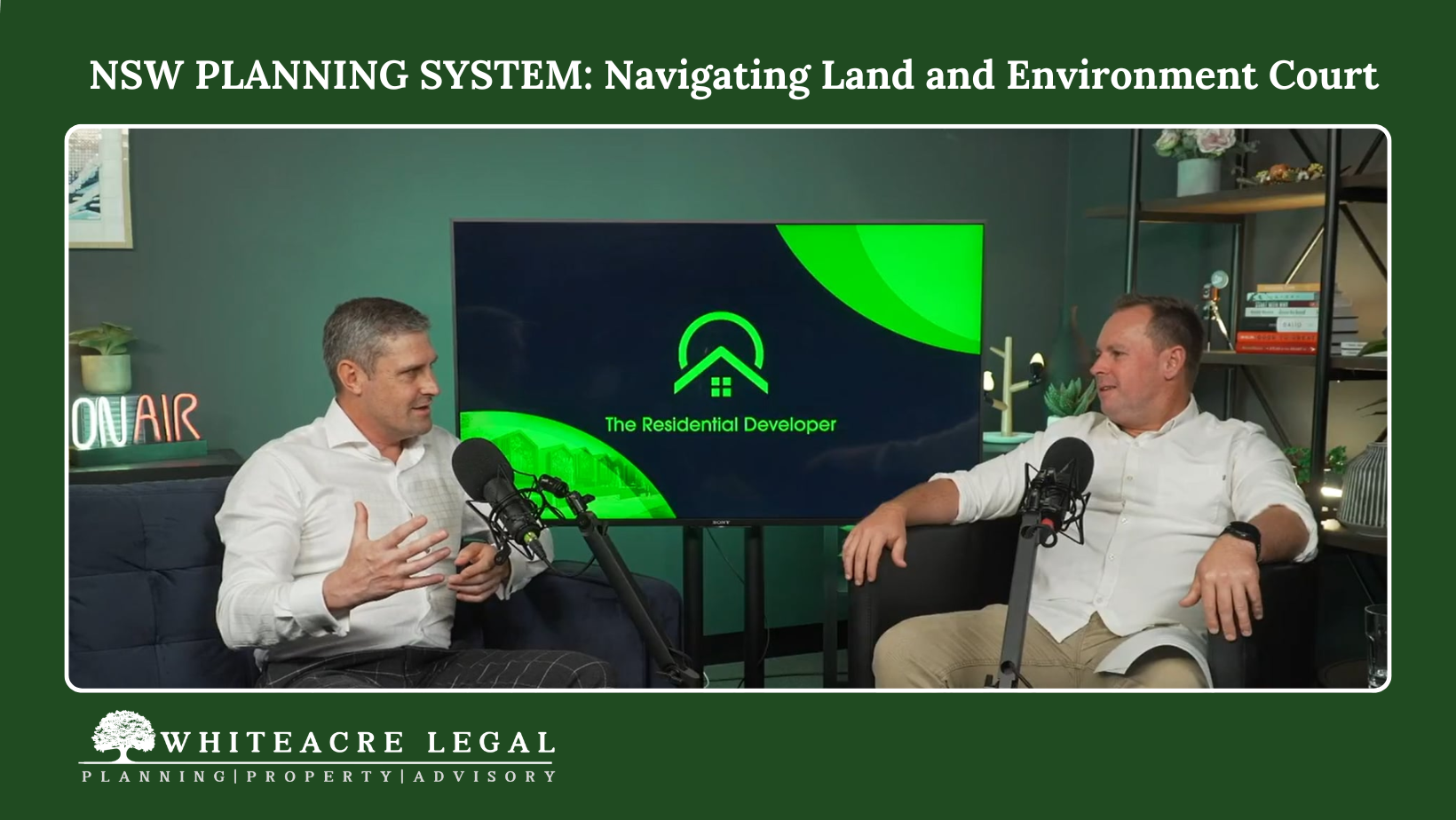IPART Review of NSW Biodiversity Credit Market released
The Independent Pricing and Regulatory Tribunal (IPART) has released a summary of workshops and stakeholders’ submissions concerning the functioning of the NSW Biodiversity Credits Market.
In late September of 2024, the IPART held a series of consultation workshops to hear stakeholders' views on the performance of the credits market.
The key findings of the IPART Review are that the biodiversity credits market is not operating effectively in 5 key areas:
- The option for development proponents to pay into the Biodiversity Conservation Fund prevents the market from developing.
- High up-front costs and long credit generation times create a lag between credit demand and supply. The Credits Supply Taskforce work program is making a difference.
- Market participants lack accurate and timely information.
- High transaction costs and market complexity discourage participation.
- Stakeholders lack confidence in market oversight and governance, which hinders their participation.
These are fundamental issues that, if unaddressed, will continue to prevent the market from functioning effectively. To address these issues, the IPART recommends the following priority actions:
- Phase out the option to pay into the Biodiversity Conservation Fund.
- Establish interim measures to reduce proponents’ reliance on the Fund pay-in option.
- Continue to intervene in the market to reduce entry costs, make trading more efficient and instil confidence in the market.
The Scheme, and these issues, are not going anywhere soon.
The IPART has published a summary of the stakeholder workshops on its website. The summary outlines the main themes and issues raised by stakeholders at these workshops and can be accessed here: https://www.ipart.nsw.gov.au/ipart-biodiversity-market-monitoring-2023-24-stakeholder-workshops
Require further Assistance? Please do not hesitate to call us on (02) 9145 0900 or make an enquiry below.
We will get back to you as soon as possible.
Please try again later.
Browse by categories

Servicing all of NSW, Whiteacre provides expert property law and planning and environment law advice and assistance.
✓ Planning Law Advice
✓ Land and Environment Court Appeals
✓ Voluntary Planning Agreements and Contributions
✓ Development Control Orders and Enforcement
✓ Property Development Advice and Due Diligence
✓ Title Structuring
✓ Easements and Covenants
✓
Strata and Community Title legislation
Book an initial consultation through our website with our planning law solicitor. Whether it's about planning and environment law or property law, you can approach us and discuss your matter to make sure we are a good fit for your requirements.


Need expert advice?
Whiteacre Legal are committed to achieving solutions for clients.
Book an initial consultation today so we can assist you further.
Contact Us
We will get back to you as soon as possible.
Please try again later.

Whiteacre is a boutique property law firm specialising in planning and environment law. We bring more than 20 years of experience acting for private developers, private equity funds and local councils, giving us a unique insight into the significant challenges that each side faces for development applications, planning agreements or support for complex litigation matters.
Get In Touch
Phone:
Head Office
Wollongong
Suite 3, 129 Crown Street,
Wollongong NSW 2500
LinkedIn Page

News and Insights


Whiteacre is a boutique planning and property law firm specialising in planning and environmental law. We bring more than 20 years of experience acting for private developers, private equity funds and local councils, giving us a unique insight into the significant challenges that each side faces for development applications, planning agreements or support for complex litigation matters.
Get In Touch
Phone
Head Office
Wollongong
Suite 3, 129 Crown Street, Wollongong NSW 2500
Other Locations
LinkedIn Page
News and Insights

Client Reviews

Slide title
Write your caption hereButton
Slide title
Write your caption hereButton
Slide title
Write your caption hereButton
Slide title
Write your caption hereButton
Slide title
Write your caption hereButton
Slide title
Write your caption hereButton
Slide title
Write your caption hereButton
Slide title
Write your caption hereButton
Slide title
Write your caption hereButton
Slide title
Write your caption hereButton
Slide title
Write your caption hereButton
Slide title
Write your caption hereButton
Slide title
Write your caption hereButton
Slide title
Write your caption hereButton
Slide title
Write your caption hereButton
Slide title
Write your caption hereButton
Slide title
Write your caption hereButton
Slide title
Write your caption hereButton
Slide title
Write your caption hereButton
Slide title
Write your caption hereButton
Slide title
Write your caption hereButton
Slide title
Write your caption hereButton
Slide title
Write your caption hereButton
Copyright 2024 Whiteacre Legal








